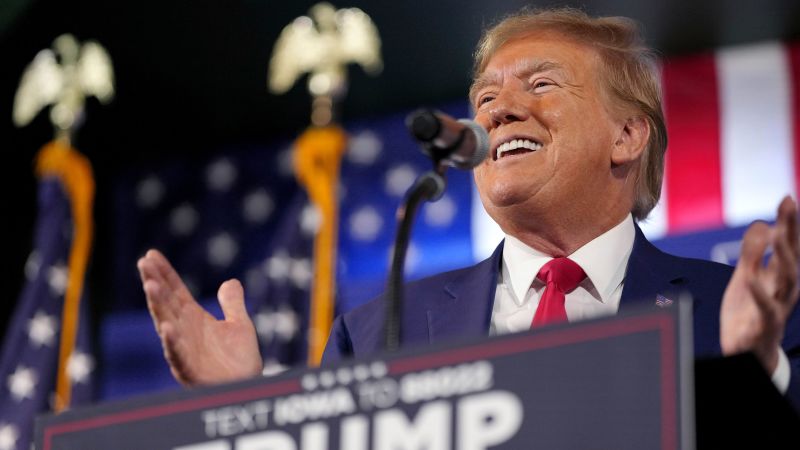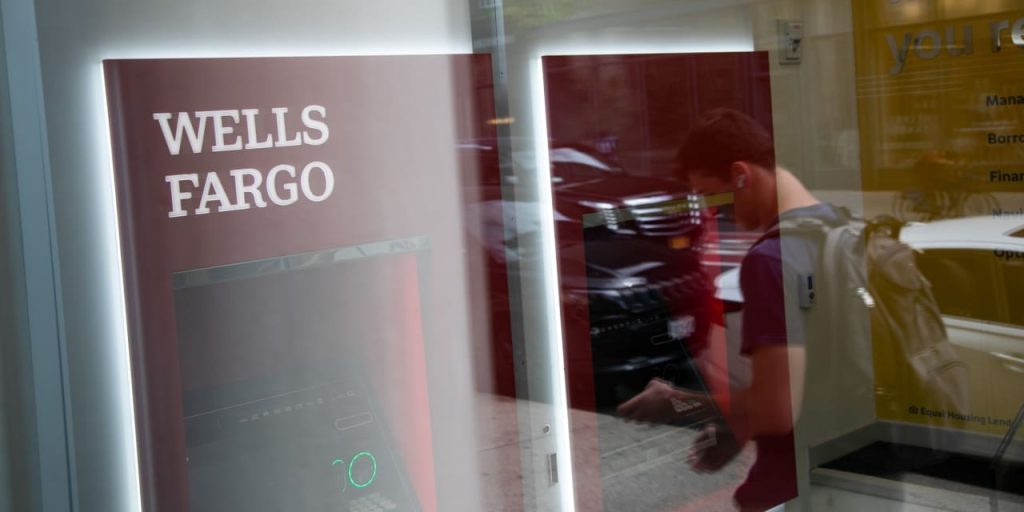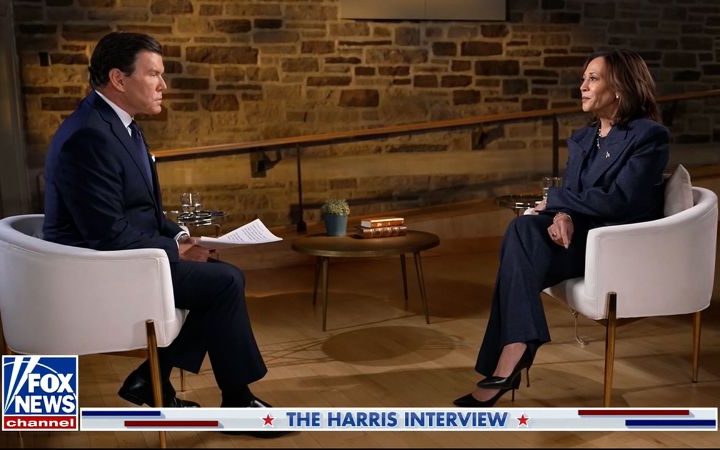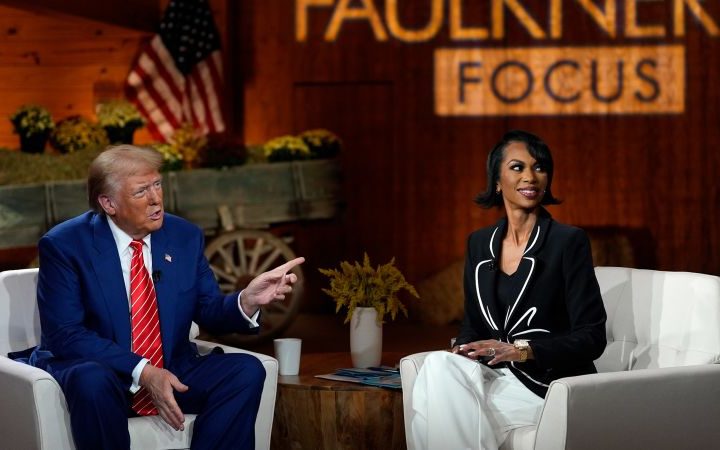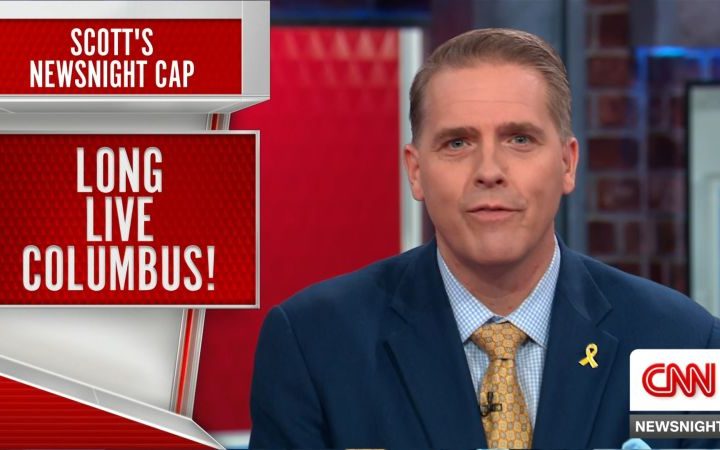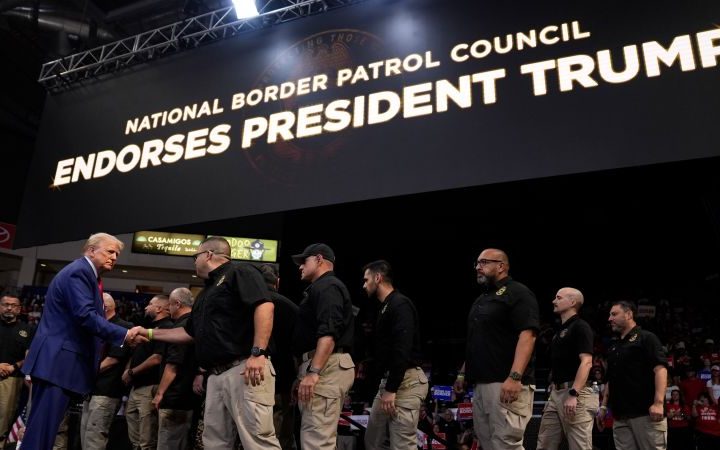Polls continue to show Donald Trump with a massive lead over his competition for the Republican presidential nomination. Yet, many of his opponents continue to hold their fire against the former president. They may be doing so in hopes of eliminating all their non-Trump competition before taking on Trump himself.
The problem with this plan is that it won’t work. Trump’s rivals have to do something different to knock him off his perch. Unlike in 2016, when there were signs that he could be defeated in a one-on-one contest (which never actually happened), Trump holds major advantages this time around.
He’s up by more than 40 points nationally when polled against his closest rivals (Ron DeSantis and Nikki Haley). More than that, he is pulling in greater than 60% of the Republican vote. Even if his rivals were able to consolidate into one super candidate, Trump would still win majority support.
This is very different from where we were at this point in the 2016 cycle. Trump was getting somewhere around 25% to 30% of the GOP vote nationally.
Additionally, it’s not at all clear that any of his 2024 rivals can unite the Republican primary voters not supporting Trump. Consider a Marquette University Law School poll from last month.
Trump corralled 57% of the vote in this national survey when matched up against all of his GOP competitors. When facing just DeSantis, Trump’s support jumped to 65%. When matched up with just Haley, he got to 70% of the vote.
We didn’t see such numbers in 2016, when Trump was on his way to locking up the GOP nomination. As late as March 2016, an ABC News/Washington Post poll found Trump trailing both Marco Rubio (51% to 45%) and Ted Cruz (54% to 41%) in hypothetical one-on-one polling.
That is, there was a legitimate argument back then for Trump’s rivals hoping to become the last candidate standing against him. Today, it doesn’t make much sense.
The same is true when we concentrate on the early-state polling, even though Trump is weaker there than he is nationally. Trump is the first or second choice of a majority of Republican caucusgoers or primary voters in both Iowa (55% in the most recent Des Moines Register poll) and New Hampshire (54% in the latest CNN/UNH poll).
The fact is that the depth of Trump’s support among Republican voters is actually stronger than the horse-race numbers against his primary rivals would suggest. One of the best ways to gauge a candidate’s ceiling of support is to look at their “favorable” and “very favorable” ratings. The latter, especially, is important in a primary when most of the candidates share the same party label as the voters and are liked.
Trump’s “very favorable” rating was 51% among Republicans in last month’s Marquette poll. His “favorable” rating has recently averaged 76% among Republicans nationally.
No other Republican candidate has a favorability rating that high among the party base. No other Republican has a “very favorable” rating that was even half as high as Trump’s was in the Marquette survey.
These numbers hold in Iowa and New Hampshire. Trump has the best “favorable” ratings of any candidate among GOP voters. (In Iowa, he also has the best “very favorable” ratings. No poll asked about “very favorable” ratings in the Granite State.)
Trump’s numbers were considerably weaker at this point in the 2016 cycle. His “favorable” ratings were 15 to 20 points lower, depending on the poll. His “very favorable” ratings were 20 to 30 points lower.
It’s hard to believe, but a November 2015 Bloomberg survey showed numerous other Republican candidates and former President George W. Bush with stronger favorable and very favorable ratings among Republican voters. Trump even had worse favorable ratings than Paul Ryan and Mitt Romney.
At the most recent Republican primary debate – which Trump did not attend, like all previous ones – his 2024 Republican rivals, with the exception of Chris Christie, seemed more interested in going after each on another than taking on Trump. That has held true in all four GOP debates this year.
The result of which has been Trump solidifying his advantage nationally, with no signs of a movement away from the front-runner.
Now, it’s not clear that directly going after Trump would work for his top rivals. Christie, who has been consistently critical of Trump, has terrible favorability ratings among Republicans. This may be part of the reason Trump’s opponents seem to be allowing him to cruise unscathed.
What is clear is that whatever Trump’s competitors are doing now simply isn’t working. They need to do something different.
With the Iowa caucuses a little more than a month away, time is running out for them to make up the gap with Trump.
Read the full article here
